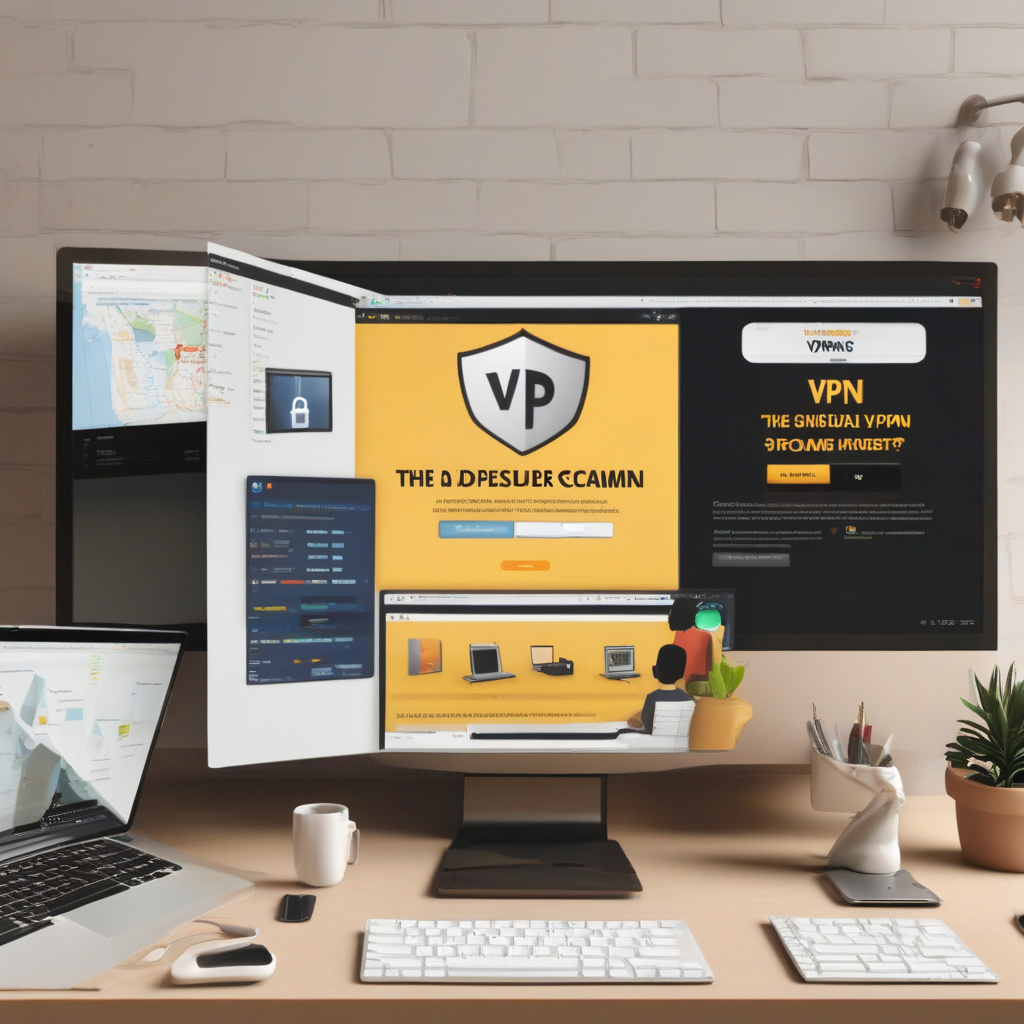In the realm of cybersecurity, Virtual Private Networks (VPNs) stand as stalwart guardians of online privacy and data protection. With the digital landscape evolving at a rapid pace, the usage of VPNs has surged, offering users a shield against prying eyes and potential cyber threats. However, amidst the proliferation of legitimate VPN services, a dark underbelly exists – a realm where scams lurk, preying on unsuspecting users.
As online security and privacy become increasingly important, tools such as VPNs (Virtual Private Networks) are becoming mainstream. Some VPNs promise a secure and anonymous browsing experience but fall short, jeopardizing user data and privacy. These misleading services often engage in deceptive practices, exploiting the trust of users who seek to safeguard their online activities.
One of the most prevalent VPN scams involves the logging and selling of user data. Certain VPN providers claim a no-logs policy, assuring users that their online actions remain private and anonymous. However, investigations have revealed that some of these providers actually collect user data, including browsing history and IP addresses, which are then sold to third parties for profit. This betrayal of trust not only compromises user privacy but also exposes them to potential security risks.
Another common VPN scam revolves around free VPN services that come with hidden costs. While the allure of a free VPN may be enticing, users often pay the price through invasive ads, malware injections, and data mining. These free VPNs capitalize on user data, using it for targeted advertising or even selling it to the highest bidder. In the end, what seemed like a cost-effective solution turns into a costly compromise of sensitive information.
Moreover, some VPN scams manifest in the form of fake VPN apps designed to mimic legitimate services. These counterfeit apps deceive users into believing they are using a reputable VPN, only to siphon off personal data or install malware on devices. By impersonating trusted VPN brands, these fraudulent apps exploit the credibility of established services, preying on unsuspecting individuals who download them in good faith.
To safeguard against these prevalent VPN scams, users must exercise caution and due diligence when selecting a VPN service. Firstly, it is crucial to research and choose reputable VPN providers with a proven track record of transparency and security. Reading reviews, checking for independent audits, and ensuring the VPN has a clear privacy policy are essential steps in the selection process.
Furthermore, users should be wary of free VPN services, as the adage “if you’re not paying for the product, you are the product” often rings true. Investing in a paid VPN subscription not only ensures better security and privacy features but also reduces the likelihood of falling victim to data harvesting or malicious activities associated with free VPNs.
In conclusion, while VPNs serve as vital tools in safeguarding online privacy and security, the prevalence of VPN scams underscores the importance of staying vigilant and informed. By arming themselves with knowledge and choosing reputable VPN services, users can navigate the digital realm with confidence, knowing that their data remains secure and their privacy intact. Remember, in the world of VPNs, caution is key, and a well-informed user is an empowered user.

